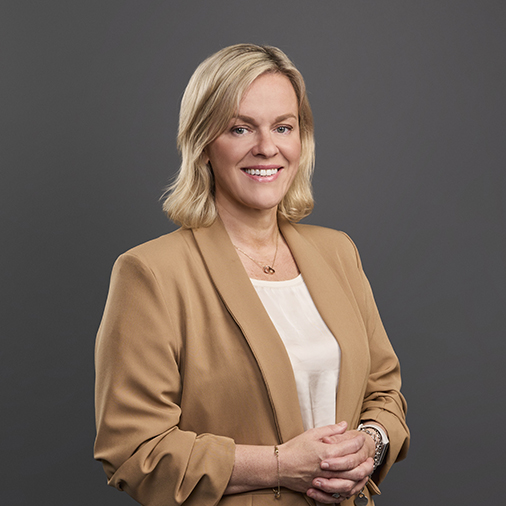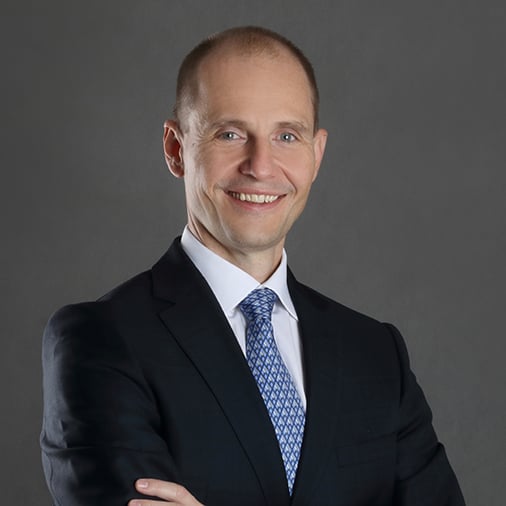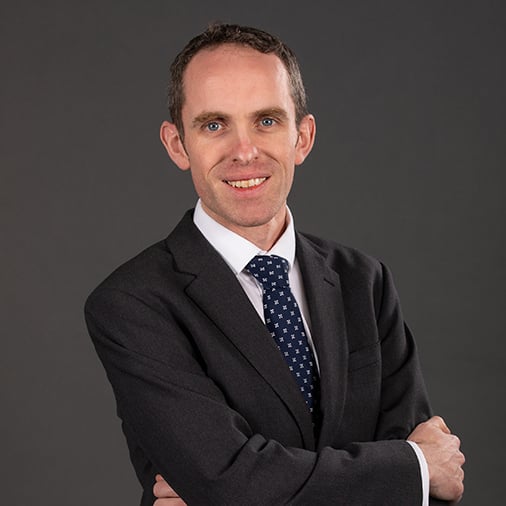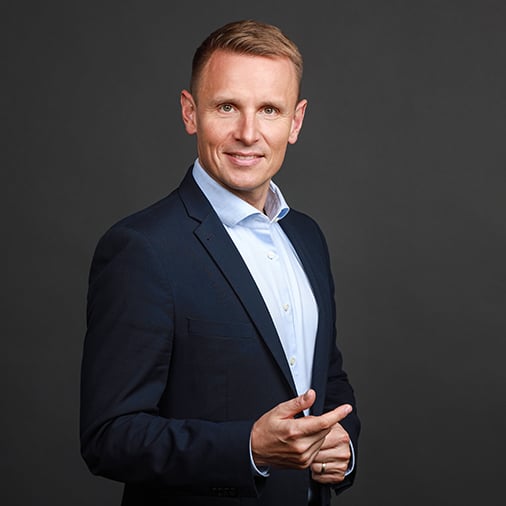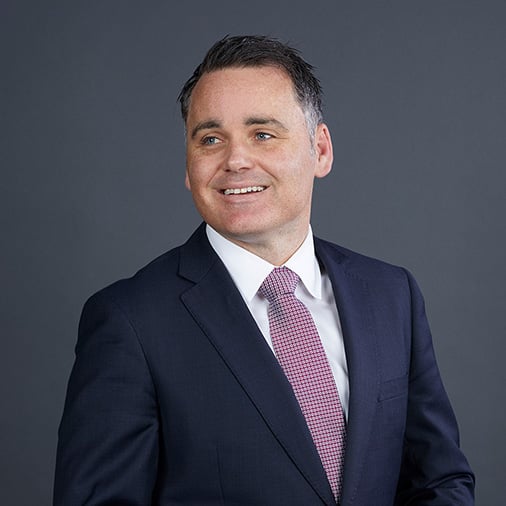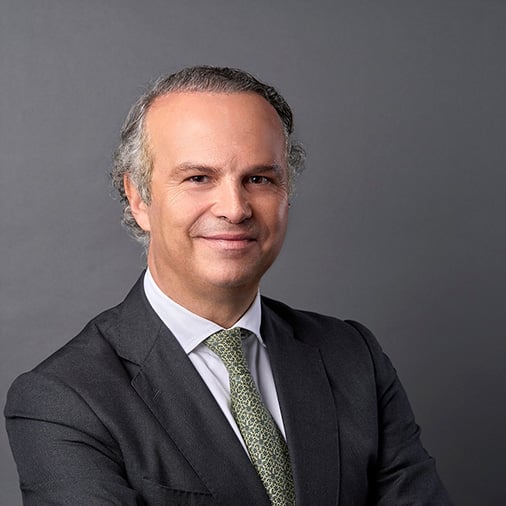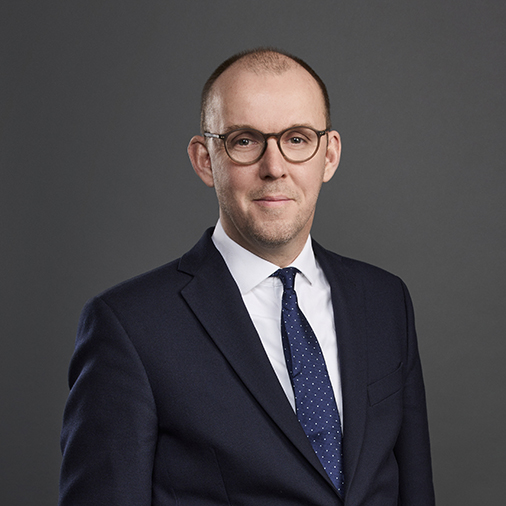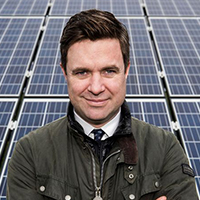

26 June 2024 • 10 minute read
European Energy Transition Summit 2024
Empowering change and advancing the energy transitionHIGHLIGHTS
On 26 June 2024, DLA Piper hosted the European Energy Transition Summit that brought together industry leaders, investors, and policymakers to discuss the future of clean energy in Europe. Please download our post-event report using the button above to read through the key takeaways from the multiple sessions related to regional trends, technological innovations, and investment strategies crucial for the energy transition.


Isabel Rodriguez
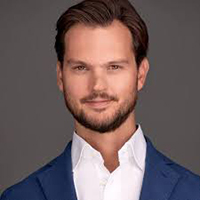
Stefano Fissolo
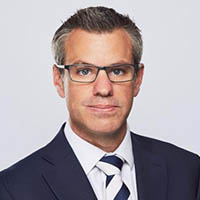
Stephen Jennings

Jenny Blackford

Heiko Ludwig
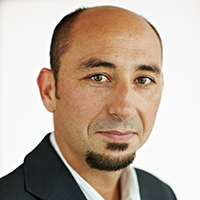
Martin Forman

Amy Hebert

Tara Deeny

Joanne Joyce

Ravichandra Kshirsagar

Aditi Tulpule

Mathias Bimberg

Anthony Doherty

Gary Bills

Katarzyna Suchcicka

Luis Eduardo De Franca
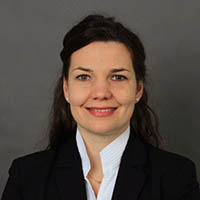
Zsuzsanna Sessel-Zsebik

Soichiro Sekito

Lee Donovan

Maria Fahlé

Jon Norman

Olivia Satturly

Chris Twomey

Bart White

Stefanie Bourne
2024 Agenda
12:00 – 12:45 Registration & lunch
12:45 – 13:00 Welcome and introductions
Simon Levine, Global Co-CEO | International Managing Partner |Global and International Board Member, DLA PiperNatasha Luther-Jones, Partner |International Head of Sustainability and ESG | Global Co-Chair, Energy and Natural Resources Sector, DLA Piper
13:00 – 13:40 Investing in the European energy transition
This panel session explores investment prospects and hurdles in Europe's energy transition. Experts will dissect opportunities in renewables amidst regulatory shifts.
Stefano Fissolo, Senior Director, GLP
Ronan Kilduff, CEO, Elgin Energy
Isabel Rodriguez, Managing Director, Nuveen
Giulio Maroncelli, Partner | Head of Corporate, Italy, DLA Piper
13:40 – 14:20 Powering the future: Financing the global energy transition
Join us for an insightful panel discussion featuring industry leaders at the forefront of the energy transition. Together, our panellists will explore innovative financing strategies driving the shift towards renewable energy and sustainable practices. Don't miss this opportunity to gain valuable perspectives from senior players shaping the future of energy finance.
Jenny Blackford, Head of Project Finance, UK, Middle East, Africa, Head of Syndications, EMEA, Asia, Australia and Head of Siemens Bank GmbH, London Branch
Stephen Jennings, Head of Energy Structured Finance Office for EMEA |Head of Sustainable Business Division for EMEA, MUFG Bank
Heiko Ludwig, Global Head Structured Finance & General Manager London Branch, Nord LB
Natasha Luther-Jones, Partner | International Head of Sustainability and ESG |Global Co-Chair, Energy and Natural Resources Sector, DLA Piper
14:20 – 14:50 Coffee break
14:50 – 15:25 Breakout session 1
The challenges of developing and financing low carbon H2 projects
In this session we'll delve into the key development risks, funding hurdles, regulatory landscape, technological advancements and market challenges for sustainable hydrogen projects. Gain valuable insight into navigating the path to low carbon investment.
Martin Forman, Director, ISD New Energies & Natural Resources, EMEA, SMBC Bank International plc
Amy Hebert, CEO, Arcadia eFuels
Andreas Gunst, Partner, Vienna, DLA Piper
Iain Elder, Partner, London, DLA Piper
Energy landscapes of Central and Eastern Europe
Dive into the dynamic energy landscapes of Central and Eastern Europe with our teams from Hungary, Czech Republic, and Romania. In this session, we provide an overview of the regulatory environments and policy frameworks influencing the energy sectors in these countries as well as lucrative prospects in this vibrant region.
Paula Corban-Pelin, Partner, Bucharest, DLA Piper
Miroslav Dubovsky, Partner | Head of Corporate practice, Czech Republic, DLA Piper
Gabor Simon, Partner | Head of Energy and Procurement, Budapest, DLA Piper
James Carter, Partner, London, DLA Piper
Investment trends in Irish renewables
Ireland is at a pivotal point in its energy transition as it goes offshore at scale for the first time but also continues to develop onshore renewables at pace to meet its 2030 targets. William Marshall will give an overview of the Irish renewable electricity sector and the huge opportunity but also the significant challenges that exist within it. Seán McGrenaghan will then lead a panel discussion with industry leaders to take a deeper dive on these issues.
Tara Deeny, Senior Manager, Sustainable Energy & Infrastructure Bank of Ireland
Joanne Joyce, Central Operations, Schroders Greencoat
William Marshall, Partner, Dublin, DLA Piper
Sean McGrenaghan, Legal Director, Dublin, DLA Piper
15:30 – 16:05 Breakout session 2
Smart grids: the key to unlocking Europe’s energy transition?
In this session we will explore how smart grids are deployed to meet the demands of the energy transition, the current state of the European smart grids market, and key challenges and opportunities for sector growth.
Ravichandra Kshirsagar,Commercial Vice President Micro Grid business, Europe & International Operations, Schneider Electric
Aditi Tulpule, Director Strategy Regulation & Compliance, SNRG
Sophie Linnell, Senior Associate, Leeds, DLA Piper
Griffin O'Rourke, Senior Associate, London
European investment into US energy transition: Leveraging the Inflation Reduction Act
In this session, we will explore trends and strategies for foreign investments into the US energy transition by European corporate, fund and institutional investors, with a particular focus on the Inflation Reduction Act’s positive impact on opportunities in the space.
Raul Farias, Partner, San Diego, New York, DLA Piper
Jennifer Wnek, Partner, Philadelphia, DLA Piper
The Nordic energy transition: Investment opportunities
Join us as we navigate the evolving renewable energy sector in the Nordic region, unveiling promising avenues for investment amidst the shift towards sustainability.
Mathias Bimberg, Head of Infrastructure, Prime Capital AG
Anthony Doherty, Chief Investment Officer, NTR plc
Fred Lindblom, Partner | Co-Head Infrastructure, Construction and Transport Sector, Europe, DLA Piper
16:10 – 16:45 Breakout session 3
The power of repowering - Revitalising wind energy
A brief look at the opportunities and challenges around ageing wind farms and repowering.
Stefanie Bourne, Director – Renewables & Offshore Wind, UK&I, DNV
Gary Bills, Chief Operating Officer (Division Renewables), Ignitis Group
Anna Mills, Partner, London, DLA Piper
Sarah Thomas, Partner, London, DLA Piper
Mark Briggs, Legal Director, London, DLA Piper
Energy transition and investment Opportunities in Germany
The energy transition and the goal of transforming Germany into a climate-neutral industrialised country by 2045 are creating new dynamics that are making investments in renewable energies in Germany more attractive. Infrastructure projects are increasingly becoming the focus of institutional investors but also of industrial players.
Michael Cieslarczyk, Partner, Dusseldorf, DLA Piper
Manuel Indlekofer, Partner, Munich, DLA Piper
Snapshot on Poland and its booming RES market
Poland already has over 25 GW of installed RES capacity, but that figure is intended to be doubled in the coming future. PV is on a rise and new regulations are promoting onshore, offshore and BESS. During this session the speakers will outline the macroeconomic data concerning RES market in Poland and key elements of the support schemes / streams of revenues that can be secured.
Luis Eduardo De Franca, Director of Development, Northern Europe, Lightsource bp
Katarzyna Suchcicka, Country Manager, OX2 Poland
Jacek Gizinski, Co-Managing Partner, Warsaw, DLA Piper
Oskar Waluśkiewicz, Partner, Warsaw, DLA Piper
16:45 – 17:10 Coffee break
17:10 – 17:45 Breakout session 4
Renewable roadmap: Navigating corporate PPAs
Join us for an insightful session on Corporate Power Purchase Agreements (PPAs), a game-changing strategy for businesses in renewable energy procurement. Our panellists will delve into the benefits of Corporate PPAs, from cost savings and sustainability goals to enhancing corporate reputation. Explore the various types of corporate PPAs, key issues to consider in negotiations, and real-world examples of successful implementations across industries.
Lee Donovan, Senior Legal Counsel at Statkraft
Maria Fahlén, Commercial Manager Green Investment, H&M Group
Lindsay MacLeod, Partner, Seattle, New York, DLA Piper
Italy's legislative and market outlook: Advancements in BESS and renewables
Join us for an exploration of Italy's legislative landscape, focusing on the latest developments and forthcoming opportunities in Battery Energy Storage Systems (BESS) and renewables. Gain valuable insights into how these advancements are shaping the future of energy projects in Italy and discover strategies to leverage emerging opportunities in the sector. Whether you're an investor, developer, or policymaker, this session offers crucial insights into navigating Italy's evolving energy market.
Germana Cassar, Partner, DLA Piper
Vincenzo La Malfa, Partner, Rome, DLA Piper
Giovanni Ragnoni, Partner, DLA Piper
Federico Zucconi, Partner, DLA Piper
Update on the energy transition in Asia
This session explores the potential of inbound and outbound energy transition investments. Europe’s energy transition has made strong progress and many Asian players look to the old continent as a benchmark on what to do – and what not to do. The experience and expertise of European energy players can be applied to support an effective and successful energy transition in Asia. Join us as we envision a sustainable future for energy transition across these key regions.
Soichiro Sekito, Head of Corporate & Structured Finance (EMEA), Development Bank of Japan (London)
Zsuzsanna Sessel-Zsebik, Director Legal, of RWE Offshore Wind
Peter Armstrong, Partner, Tokyo, DLA Piper
Vincent Seah, Partner | Country Managing Partner, Singapore, DLA Piper
17:50 – 18:25 Breakout session 5
Harnessing the potential of energy storage to accelerate the energy transition
Join us for a session exploring the buoyant global energy storage market. Reflecting on lessons from around the world from investors, developers and lenders, we'll delve into the trends, opportunities and hurdles facing the energy storage sector. Our panellist will provide valuable insights on investor and lender appetite, the utility and feasibility of mid to longer term storage options and emerging storage technologies – each of which are transforming energy management, smoothing the intermittency of conventional renewable energy generation, fostering sustainable practices and influencing the future of power distribution.
Jon Norman, President, Hydrostor Inc.
Olivia Satturley, Director - Specialist Asset Finance and Project Finance, NatWest
Chris Twomey, Partner |COO | Head of Asset Management, Sosteneo Infrastructure Partners
Rubayet Choudhury, Partner, London, DLA Piper
Chris Mitchell, Partner, Melbourne, DLA Piper
Fireside chat: Investing in Spain's energy transition
In this fireside chat, we explore the potential of the energy transition market in Spain from an investment perspective. Drawing from our guest's current projects, we’ll delve into practical examples and discuss the challenges and opportunities this approach presents. Join us as we envision a sustainable future for energy transition in Spain.
Bart White, Managing Director, EMEA Head of Energy Structured Finance at Santander Corporate & Investment Banking
Pablo Echenique, Partner, Madrid
How can we unlock the full potential of international RE certification?
Discover the central transformative role of renewable energy certification in validating sustainability claims and ensuring genuine progress in the global energy transition. Join us as we delve into recent cases and lessons of RECs based claims (e.g. Budweiser, Iceland) importance for companies, nations, and long-term investments, and developments on granular certification and labels for 24/7 and electrolyser PPAs.
Andreas Gunst, Partner, Vienna, DLA Piper
18:30 Closing remarks and networking drinks
20:30 Event close
DLA Piper hosts
The Climate Transition Podcast
Listen now
